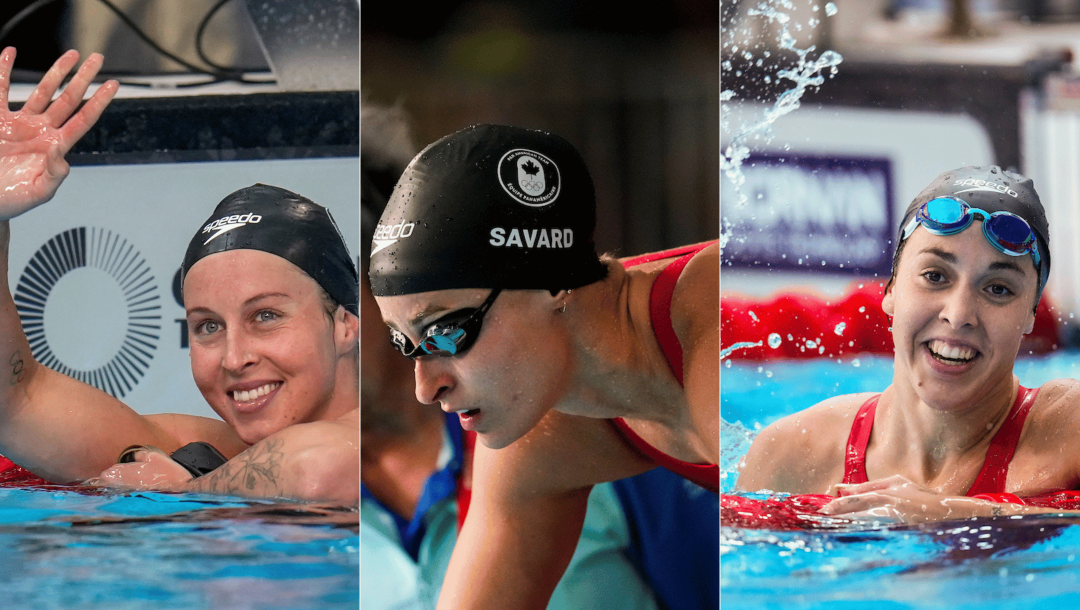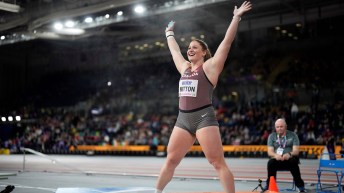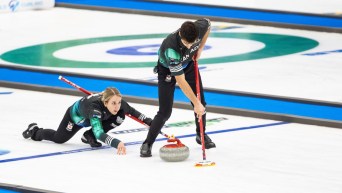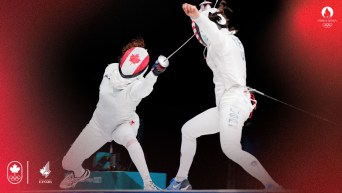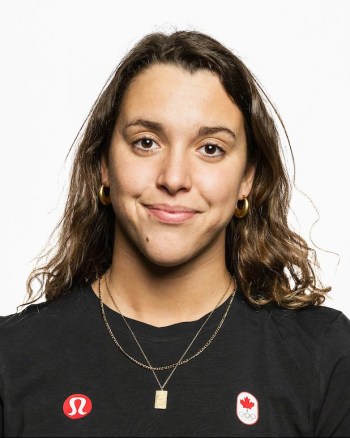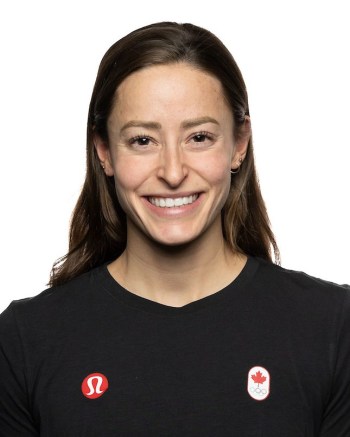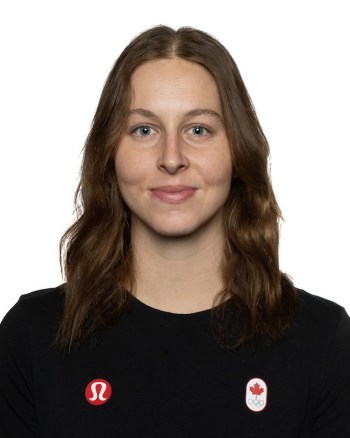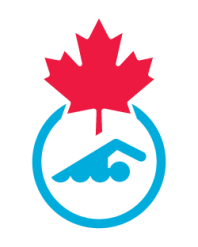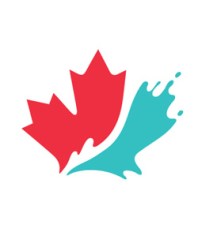Just keep swimming: Three Team Canada swimmers on their veteran approach to sport and life
Canada’s women’s swimming program has, in recent years, been a medal powerhouse for the nation. Many swimmers point to the team’s success at Rio 2016 as a turning point, but the depth of Canadian women’s swimming had to build for years prior to get to that point, and has continued to flourish with the development of young talent.
Olympic.ca recently sat down across the table from Katerine Savard, Sydney Pickrem and Mary-Sophie Harvey – who between them have six Olympic appearances – for a wide-ranging chat on their careers and lives, the state of Canadian swimming, and the keys to longevity as athletes.
Olympic.ca: Katerine, it seemed like you were close to calling it a career a couple of years ago, but you’ve kept going. What keeps you motivated?
KS: I had been thinking about retiring in 2016, when I had a little bit of a downturn. I felt like I didn’t know what my dream was anymore. So, I had to find something that I was reaching for and it helped me to keep going through 2020. Now my dream is to be the first Canadian woman swimmer to make it to four Olympics!
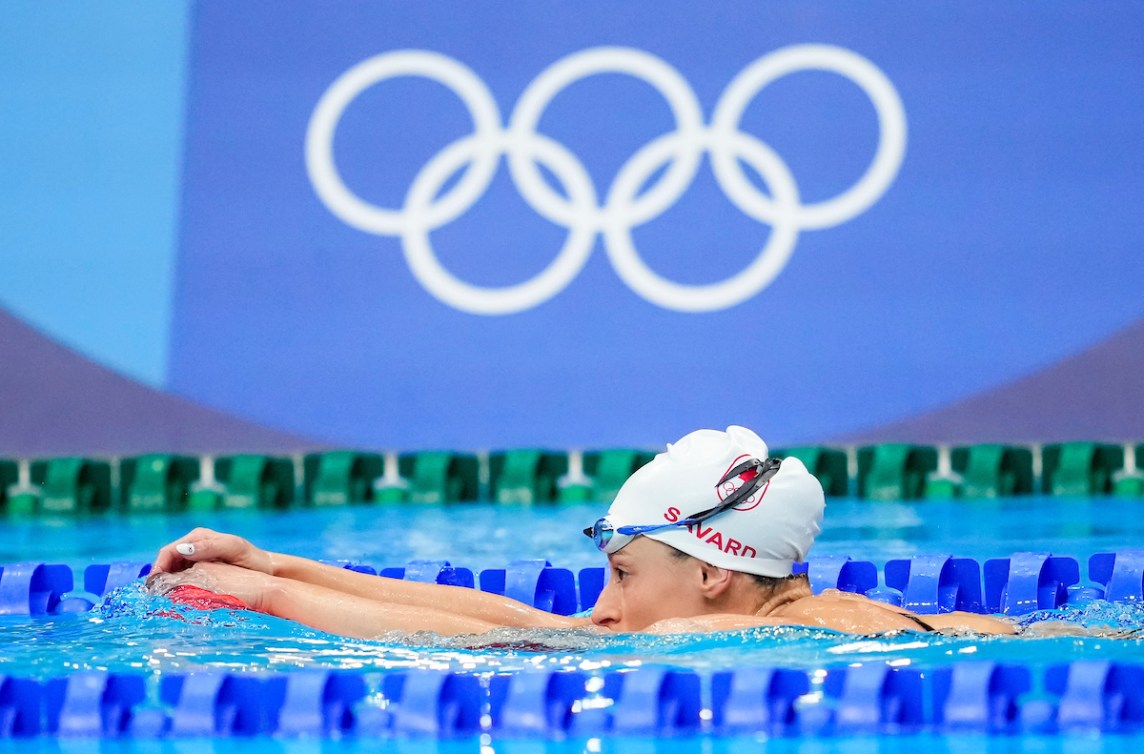
And I’m doing that for myself. I want to prove to myself that I can still be one of the best swimmers in the world, even as I’m getting older. It’s been around 15 years that I’ve been on the national team and I’m still going!
O.ca: What have you learned about yourself over the years as you became more of a veteran of the team? Do you see yourself as a leader?
KS: I don’t know if I see myself as a leader. I think my teammates teach me things every day, even if they’re younger.
SP: I think you’re more of a leader than you think you are–especially because you swim so many relays. And I think you lead more than you think that you do just because you’re always happy. You can rely on her. She’s always just going to step up and do it.
KS: Thank you. I can be really hard on myself sometimes.
SP: Yeah, we also know that too [chuckles].
MSH: Yeah, she’s not going to hype herself up at all.
O.ca: You’ve all had different struggles throughout your careers–what are some of the ways that you’ve gotten yourselves through those tough times?
SP: My own struggles have definitely been my regarding mental health. It felt like there was Sydney the person, Sydney the swimmer, Sydney the teammate, and Sydney the leader. Those were all separate entities to me.
For a long time I didn’t even care about Sydney the person. The focus was all on Sydney the swimmer. Then when my own mental health didn’t agree with that, I felt like I had no identity. So for me the work has been integrating the two and putting that on the forefront and knowing that they’re not separate entities.
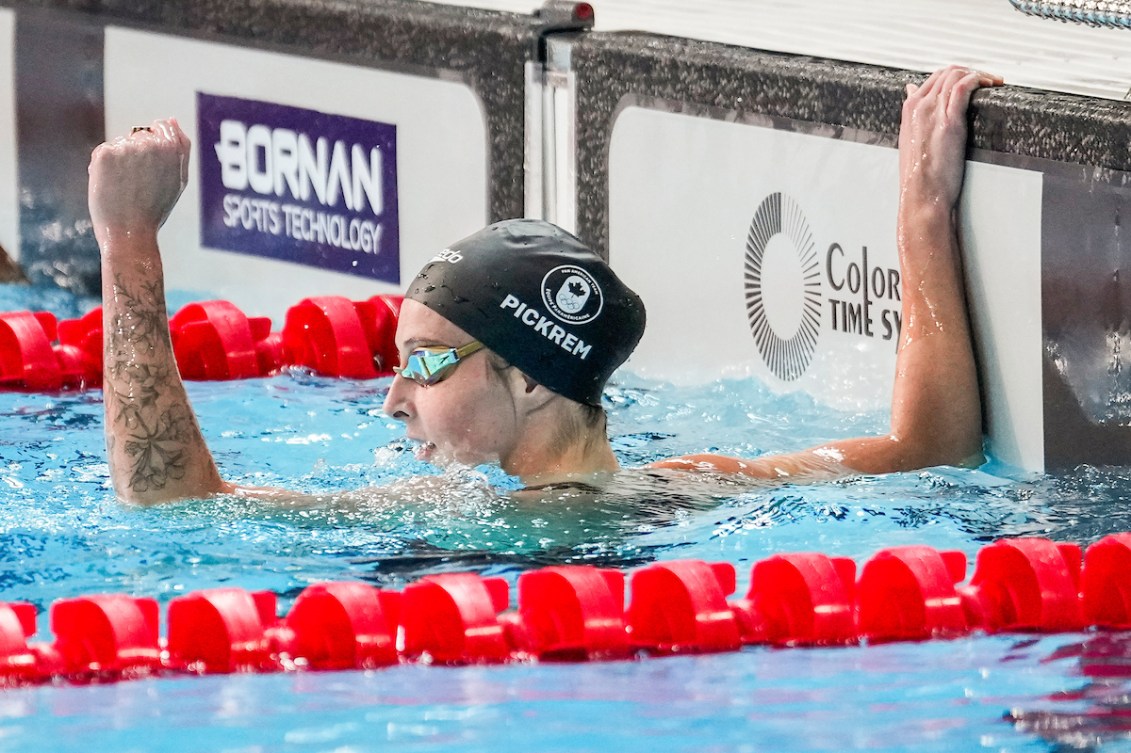
I’ve had times where I had to kind of back out of swimming and take a step away. I had a lot of guilt because I couldn’t be there for my teammates and my coaches, and I would think “Oh my god they’re going to hate me.” But my therapist would ask me “What do you think your coaches are going to say if you decide not to race right now? Are they going to love you any less?” And I’m like, no, of course not. And it’s so clear as day, but in the moment it just doesn’t feel like that.
I’ve really surrounded myself with such a team now including my psychologist, my psychiatrist, and my coaches. If I swim really well and I’m happy, of course that’s the perfect combination. But if I’m happy and it doesn’t come out in the pool, then, you know, I get to live the rest of my life being happy.
But it’s also a never-ending battle. Someone recently asked me: “Oh, is that all behind you now? The anxiety, the depression?” I was like–no. Every single day I have to check in with myself. It’s a day-to-day process, but I’m enjoying the ride more than I ever have. I love the sport. I want to coach after my career as an athlete. And so yeah–it’s a ride baby!
MSH: I think that sometimes we forget that we’re human and think of ourselves just as athletes who need to perform. We have a goal and we think it’s going to be a straight line to achieve it, but it never is.
For me, personally, over the last few years I had to find the love of the sport again. I’m in a much better place right now because I’m not necessarily competing for results, but I’m competing for the love of it.
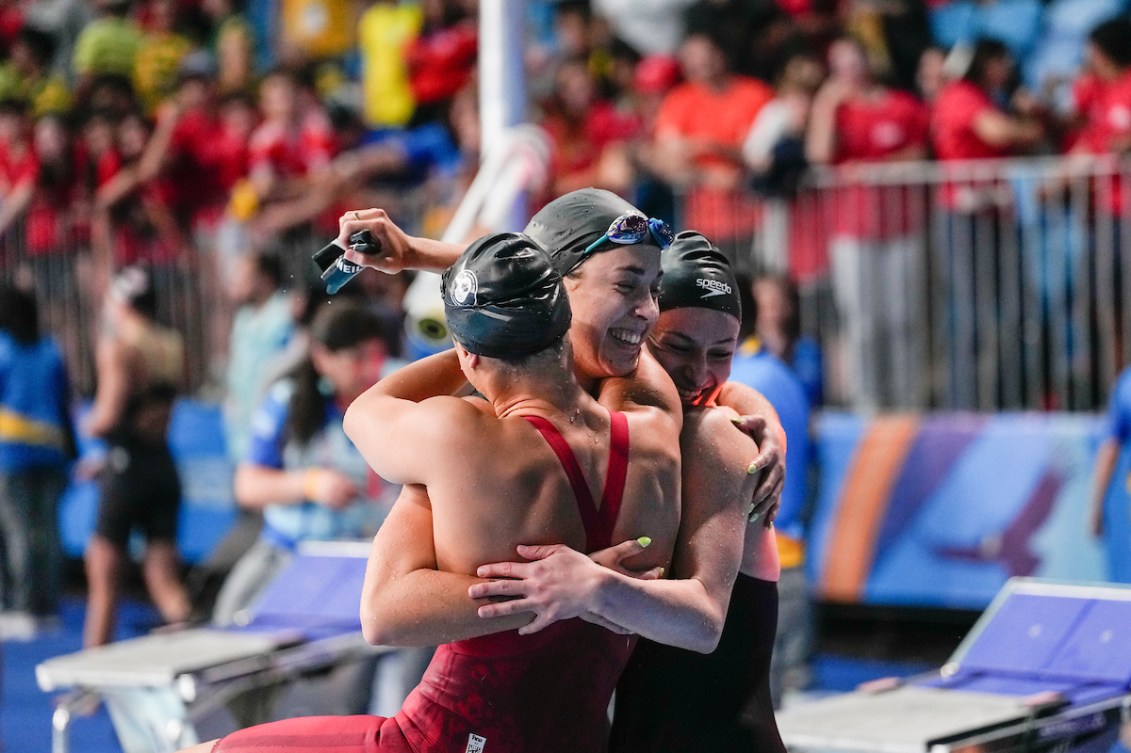
O.ca: Looking back to who you were as younger athletes, what advice would you give your younger self now that you’ve all gone through so much?
KS: I would say that there’s different paths to get to the top. Sometimes we see the easiest or the most beautiful path from some athletes, but there’s a lot of different ways to get to the top.
MSH: What I tell kids now is that medals shouldn’t define your career. It’s more about the journey. Sometimes, like, as we get older, we tend to get more performance-based and we tend to forget why we started, which is for the love of the sport. And I think it’s a good reminder to keep in mind that you do this because you love the sport.
That’s not only the biggest advice I give to kids, but it’s also what’s getting me through it right now. I’m focused on my love for the sport.
SP: I always say to kids that I could not tell you my best times, I couldn’t tell you what place I got at so many meets. But I can tell you the memories that I made, and the random stories with my teammates and all of our crazy experiences. Those are what I’m going to remember and those are what I’m going to value.
O.ca: You’re talking about making memories with your teammates, and obviously all of you are experienced athletes. Do you have a favorite moment as a Team Canada fan, outside of your own competitions that you were really excited about?
SP: Yeah, I do! In 2017 [at the World Aquatics Championships] I ended up getting out [of the pool] during my 200 IM because I choked on water. At the time I was like oh my god, this doesn’t happen. Like, what the hell just happened?
It definitely affected me more than I wanted to. Worlds is a long meet; this had happened on day two and I was racing again on day eight. But halfway through the meet, Kylie [Masse] had a 100m backstroke final and one of my coaches told me, “You need to go. Just go sit in the stands and embrace whatever journey this meet is for you.”
And so I went up in the stands and watched her final. And when I watched her break a world record, I was just like, “Holy sh*t! That’s one of my best friends!” It was such a cool moment and it brought me back into the meet that I was so taken away from.
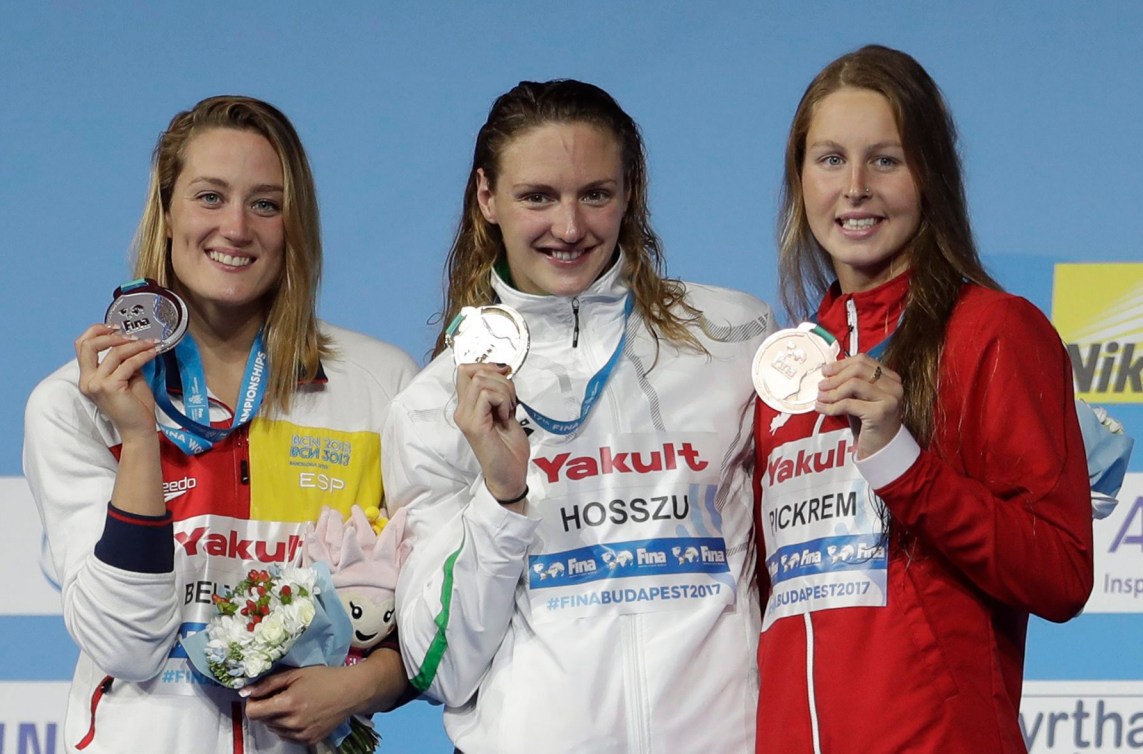
I don’t think she realizes how much that was a change for me. I went on to medal on day eight [in the 400m IM] and without that moment of just embracing the team and the sport and what it was all about, I don’t think I could have reeled it back in. So that one sticks with me a lot.
KS: I would say in 2016 [at the Olympic Games], on day one of swimming, the day that the girls won [bronze in the 4x100m freestyle relay], I was in the stands. It was my first time that I really realized that medalling was possible to do–for people that I was training with every day. That was one of my favorite moments ever. I wasn’t even racing, but I was looking at the girls and that switched something in my mind. I realized that if they were able to do that, I was able to do that too.
MSH: I was not in Rio, but I was at summer nationals during that time. Every night we would stop racing when they were racing. So we saw every single medal and the whole pool would scream and cheer for all of you. It was electric, even though we were not physically there.
That’s when it all started for the women’s team in Canadian swimming. And we’re still doing it right now.

[Editor’s note: It was the first time in 20 years that Canada had won an Olympic medal in any women’s swimming event.]
READ: A closer look at Canada’s swimming success at Rio 2016
SP: Yeah, I think it was huge. In 2014 the attitude was–maybe we’ll get a Worlds medal? And there was that switch in Rio and we created this new normal. To see that transformation was really cool. And that definitely inspires us, even though we’re part of those statistics now.
MSH: Yeah, yeah. It’s cool to be a part of it. I can see the younger athletes being inspired by it and I think it’s a good push for everyone–I mean, look at Summer [McIntosh]! She was born when I started swimming in 2006. And now she’s one of the best in the world.
I remember her mom telling me that she used to watch me growing up, because we do the same events. It’s crazy for me now because she’s like 20 seconds faster!
Savard and Pickrem will be in action at the 2024 World Aquatics Championships taking place in Doha, Qatar. Swimming events begin on February 11 and continue through February 18.
Although there are no direct Olympic implications, swimmers can achieve times to make them eligible for Olympic team selection, which will be done following the 2024 Olympic Trials in May. Olympic qualification for the relays will be confirmed for each country following the world championships.
See the full Team Canada roster for Doha here.
This interview has been edited for length and clarity.

